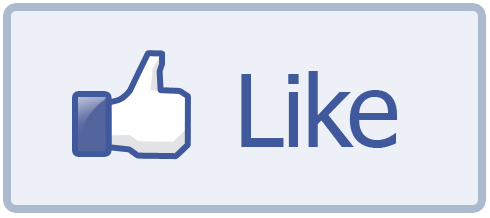Knight Lab is a joint initiative of journalists and computer programmers to design tools and apps, specially aimed at journalists, publishers and “media makers”. Every tool is open source and delightfully simple to access and operate. Some projects help their users to gather data, others to present it and yet others to analyse and interpret it. TwXplorer (Northwestern University Knight Lab, 2013), the tool that will be evaluated here, gathers data from Twitter according to your search term and presents the results in an aesthetic and comprehensible manner.
According to The Atlantic,
“Information flows through Twitter in dynamic, interconnected ways. That complexity has brought about, from historians, tools to try to capture this stream, and from journalists, tools to try to distill it.
[TwXplorer] does both.”(Meyer, 2013)
Continue reading “TwXplorer: Digital Humanities Tool Review”

